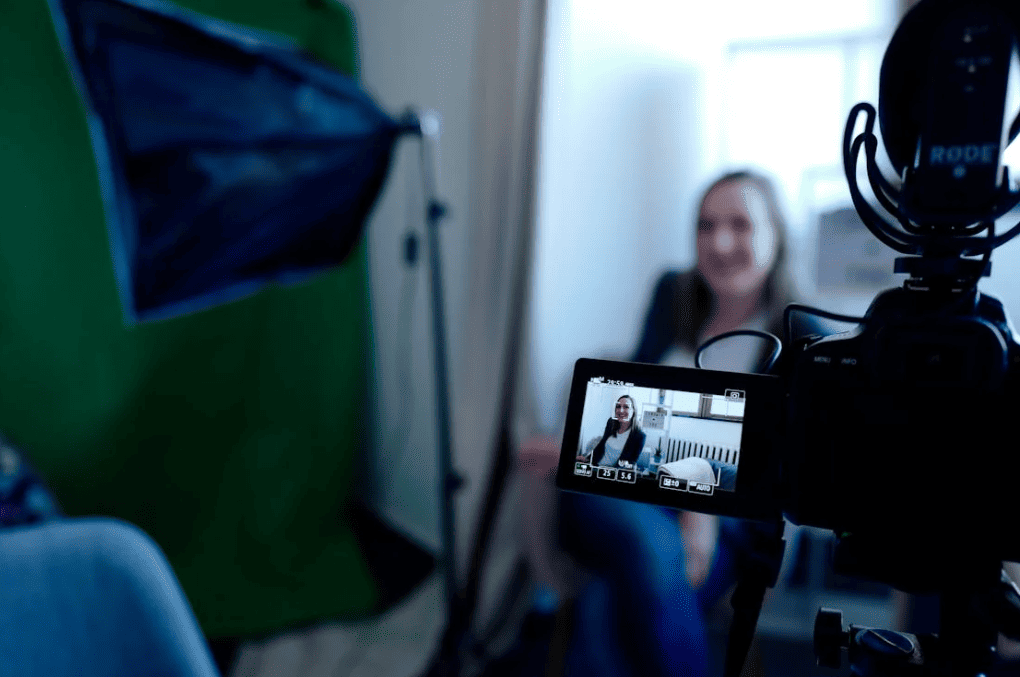
THE UAE INTRODUCES NEW MEDIA SECTOR LEGISLATION
08 January 2024
Josleen Deeb
The United Arab Emirates (UAE) Cabinet has recently introduced new legislation to regulate the country's media sector.
Dubai: The UAE, aims to bolster its status as a global media hub and foster a conducive environment for media sector growth. The federal decree-law No. 55/2023 is designed to align the nation's legislative and media framework with global shifts in the industry. Applicable to individuals, media entities, outlets, and free media zones engaged in media activities within the country, the law allows both natural and legal entities to own media establishments and outlets, subject to specific controls and conditions. A comprehensive regulation that addresses the dynamic challenges posed by the digital age, with a primary focus on electronic and digital media, the new law aims to support the continuous development of the UAE media sector while upholding individual privacy and combating the promotion of destructive ideas online.
This groundbreaking legislation, is a marked departure from Federal Law No. 15 of 1980, which it has now repealed. The move underscores the UAE's commitment to staying at the forefront of media regulation, aligning itself with the rapid technological advancements that have reshaped how information is disseminated and consumed.
The decree-law broadly defines media activities to encompass various forms of content production, distribution, and dissemination, spanning print, audio, visual, and digital media. This includes television and radio broadcasting, cinematic films, artistic works, newspapers, electronic and digital media, book fairs, foreign publications, and photography activities. The law also outlines the powers of the Emirates Media Council and relevant government entities in granting licenses and permits for media activities.
Furthermore, the legislation mandates adherence to standards of media content, emphasizing respect for religious beliefs, the country's ruling system, national interests, society, and cultural heritage. Provisions prohibit the publication of content that could harm national unity, incite violence, or undermine the legal and economic system. Privacy rules are established, preventing the dissemination of rumors and false information. The Emirates Media Council is tasked with issuing permits for cinematic films, determining age ratings for various media content, and overseeing advertising and media content in social media and other modern platforms.
1. Scope and Modernization:
The law embraces a broad spectrum of digital platforms, including IPTV, video-on-demand services, streaming services, social media, and gaming. It reflects the UAE's recognition of the diverse nature of contemporary media consumption and the need for a comprehensive regulatory framework.
2. Objectives and Values:
Aimed at supporting the growth of the media sector, the legislation emphasizes the importance of maintaining individual privacy. It incorporates measures to curtail the promotion of destructive ideas and addresses concerns related to the online abuse of young people.
3. Licensing Requirements and Regulatory Entity:
Media businesses, both within and outside the UAE but delivering content within its borders, are now subject to licensing requirements. The newly established Emirates Media Council will serve as the regulatory entity overseeing the licensing process.
4. Transition Period and Executive Regulations:
During the transitional period, the regulations of the old Publications Law will remain in effect. The eagerly awaited executive regulations, expected by May 2024, will provide additional clarity on licensing requirements and other critical aspects.
5. Penalties for Breach:
Companies found in breach of the new law may face substantial administrative fines of up to 2 million AED. The law also allows for the possibility of suspension, temporary closure of media institutions, or even license revocations for serious violations.
6. Additional Regulatory Authorities:
In addition to the Emirates Media Council, other government authorities, including emirate-level media authorities, free zone authorities, and the UAE telecoms regulator, may impose additional licensing or permitting requirements.
In line with the UAE's commitment to intellectual property protection, the law grants the Emirates Media Council authority to collaborate with relevant authorities to safeguard intellectual property in the media industry sector. Compliance with intellectual property and trademark legislation is required for individuals, media entities, and institutions involved in media.
IN CONCLUSION
Entities engaged in media activities are given a timeframe to regularize their status in accordance with the decree-law and its executive regulations, with a one-year grace period from the law's effective date, extendable by Cabinet decision. As the UAE positions itself as a global leader in the media landscape, Federal Decree-Law No. 55/2023 sets a forward-thinking precedent. By embracing digital advancements and ensuring responsible content dissemination, the law not only supports the growth of the media sector but also underscores the nation's commitment to fostering a secure and thriving digital environment for all. Stay tuned as the executive regulations promise to provide further insights into the intricacies of this transformative legislation.
ALKETBI TOUCH:
ALKETBI team is highly skilled and frequently provides legal assistance specializing in assisting companies being compliant with the latest laws and their executive regulations. If you would like to know more or request further guidance with relation to the new media law, Let us know!
Latest News



05/23/2025
Gandhi AlMinaj

05/18/2025
Mustafa Salaheldin Eltahir






